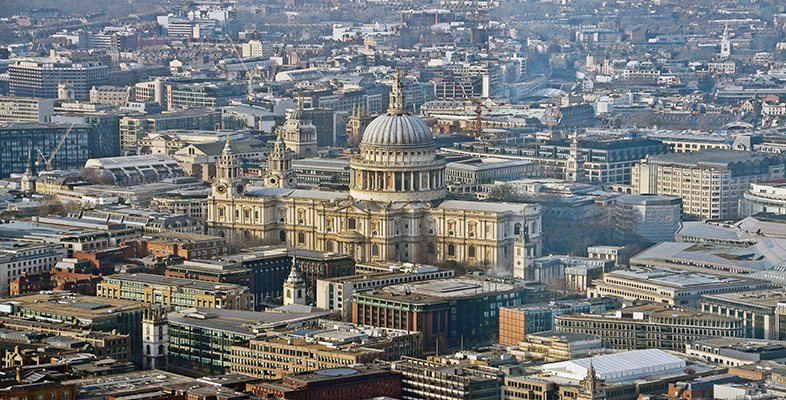5.5 White and Green Papers
You may come across the terms ‘White Papers’ and ‘Green Papers’ when dealing with proposed legislation. These Papers are consultation papers produced by the government, which outline changes to existing legislation or government proposals that are still taking shape and are seeking comments from the public. A Green Paper refers to suggested reforms in the law and a White Paper outlines the proposals that are going forward and will appear in draft legislation, known as a Bill. There is no requirement for White or Green Papers to be produced before a Bill is introduced into Parliament but they are common when it comes to implementing government policy.
Activity 6 Democracy revisited
Watch this short film which highlights some of the points identified in the previous sections of this course. Make some personal notes for yourself and try to identify the reasons why we have a democracy, how a democracy is achieved in the UK and why we have legal rules.
Transcript: Activity 6 Democracy revisited
[EXHALING]
[JEERING]
[BOUNCE]
[GLASS BREAKING]
[SLAM]
[SQUIRT]
Comment
Democracy, in theory, ensures everyone is treated fairly in the sense that power is not in the hands of one person or government body. The distribution of power in the UK is through a general election which allows citizens in the UK to vote for their chosen parliamentary candidate. This system enables the political party with the most votes to acquire the most seats (MPs) in the Westminster Parliament. It is MPs who represent the UK citizens in Parliament and in this way there is a process that is designed to reflect the views of society when considering, discussing and passing new legislation.
